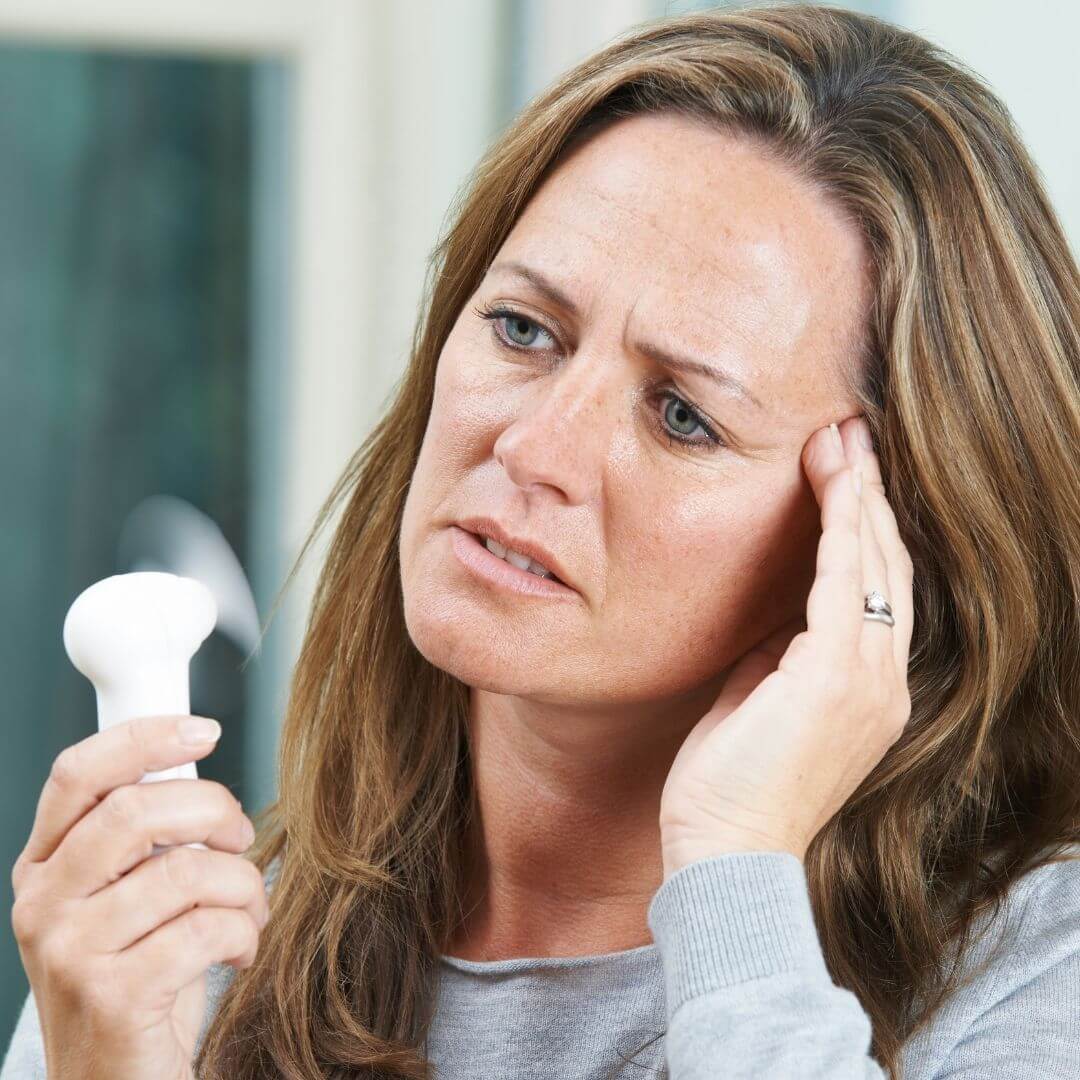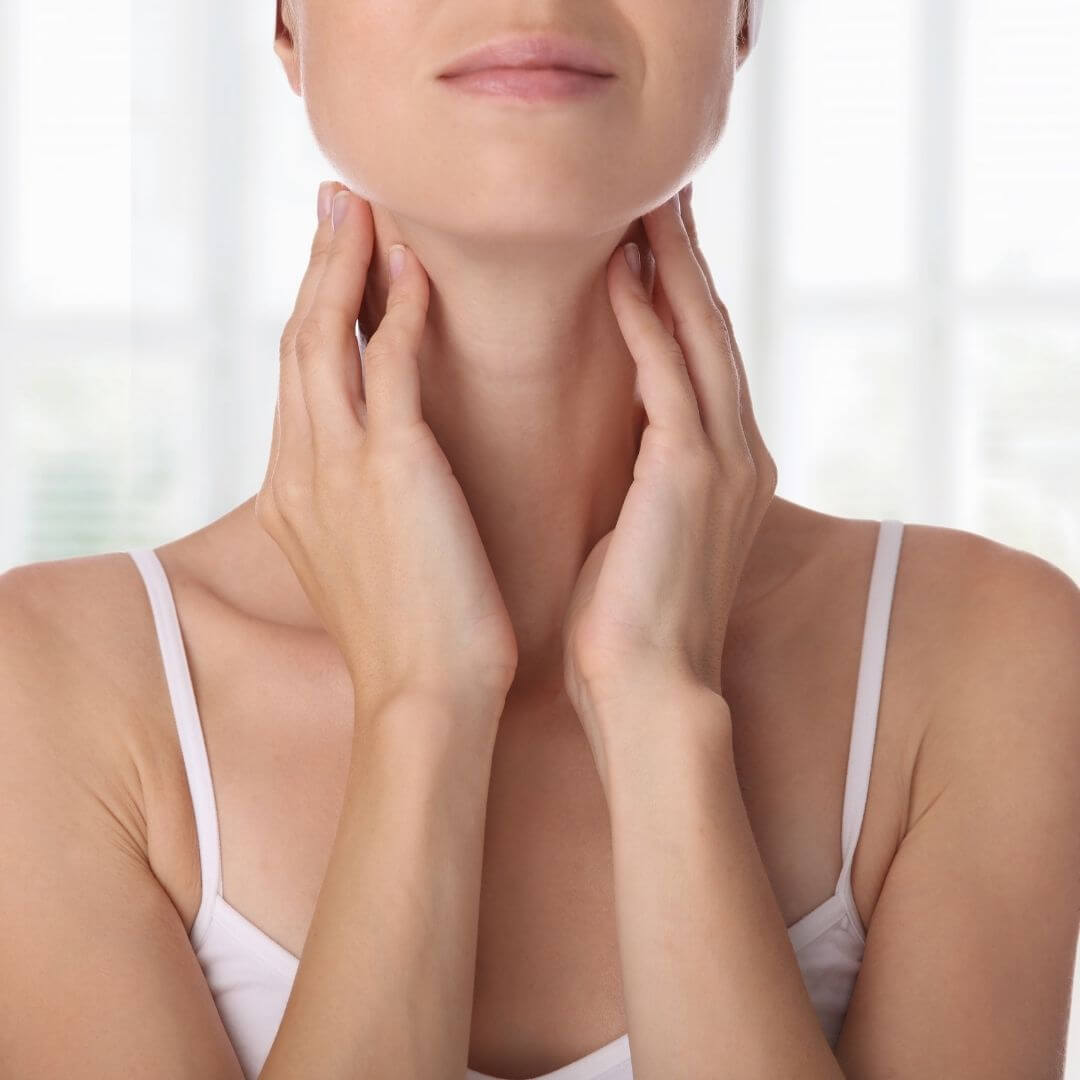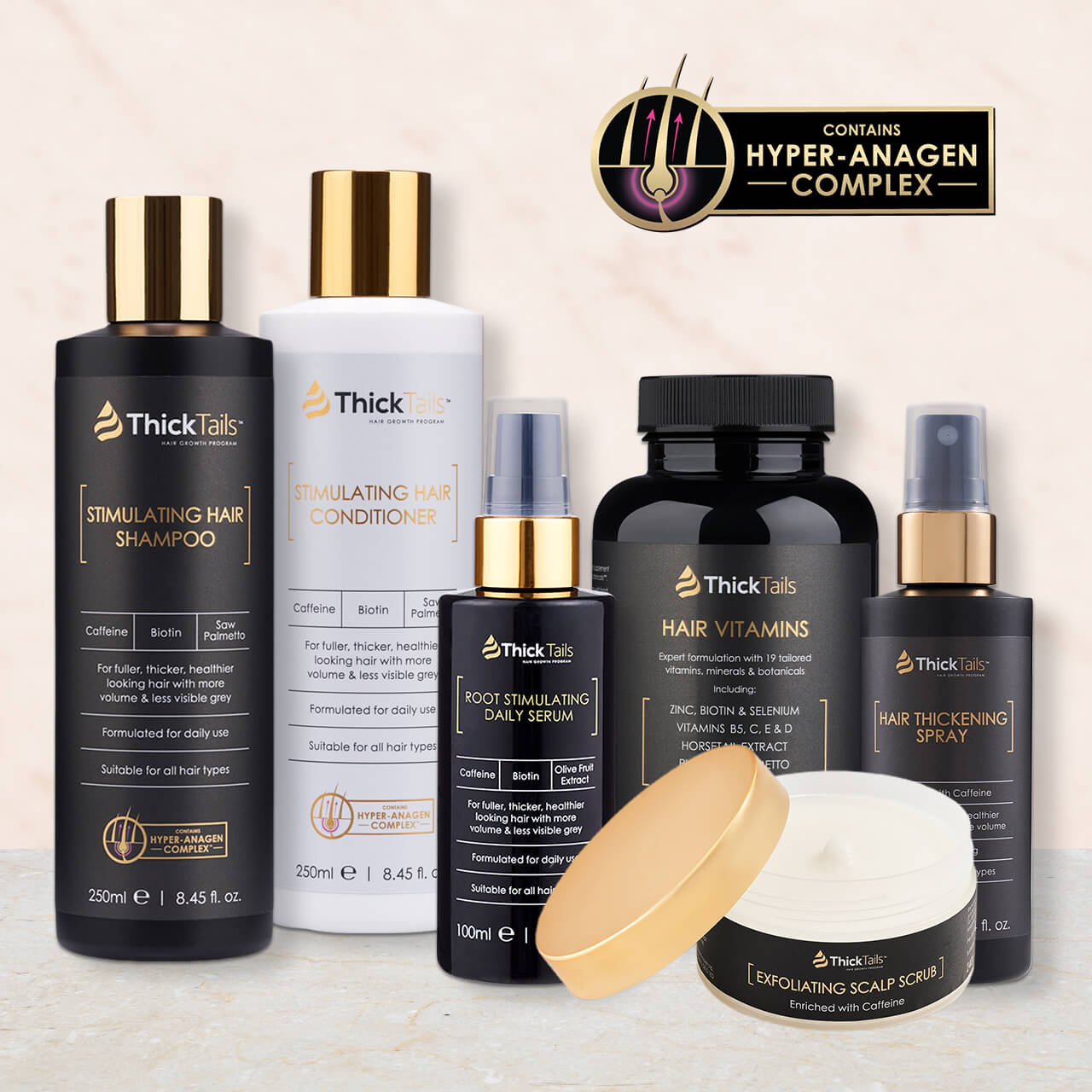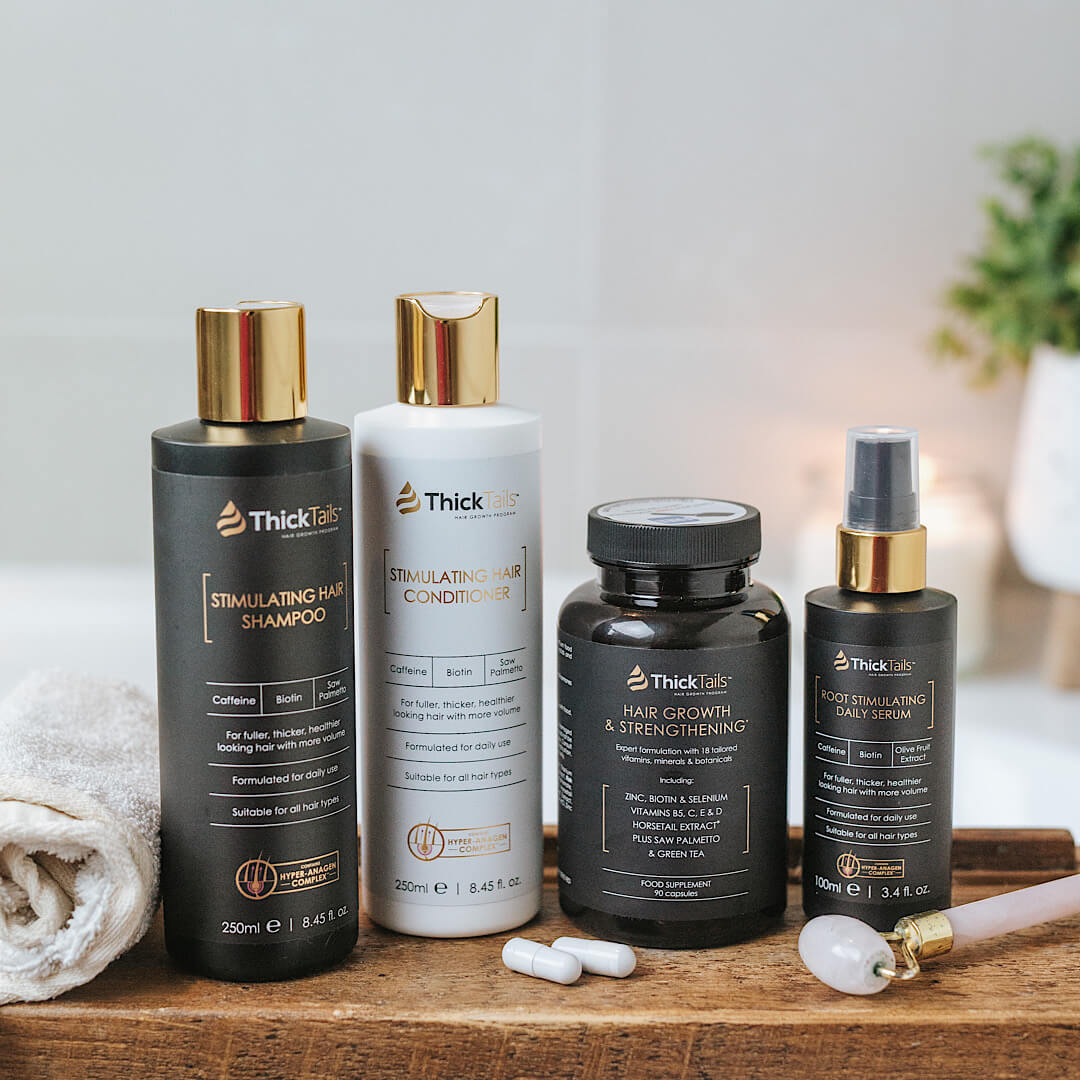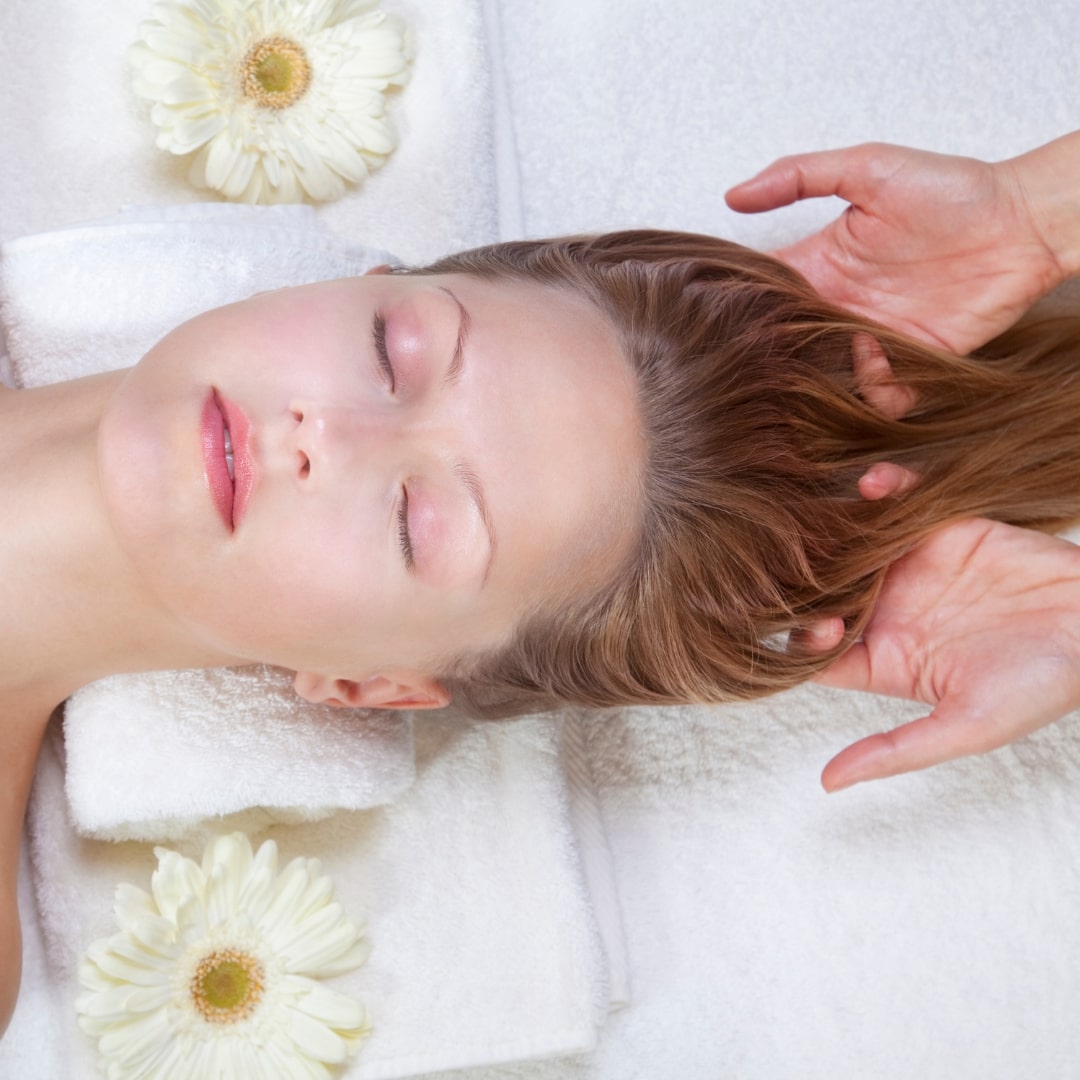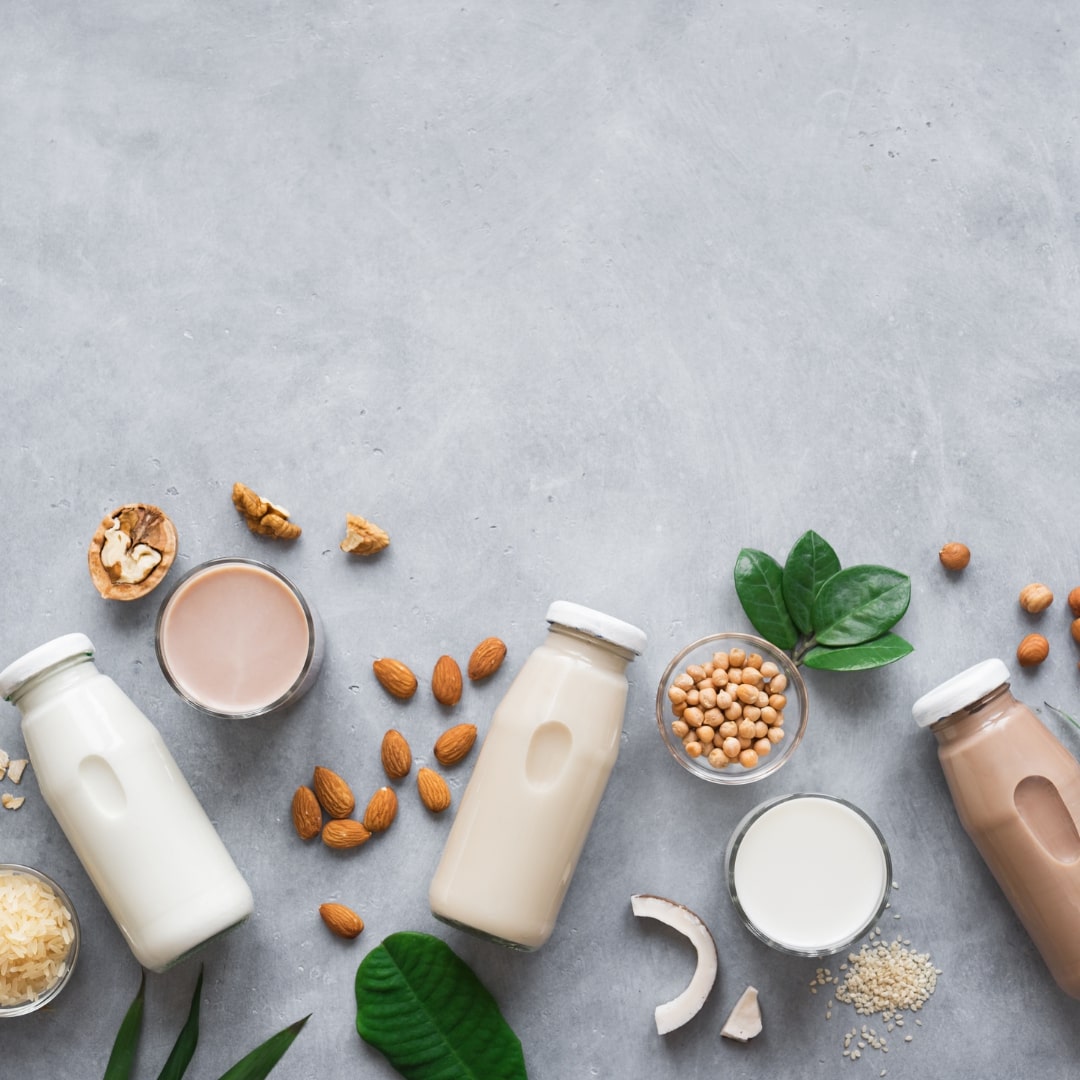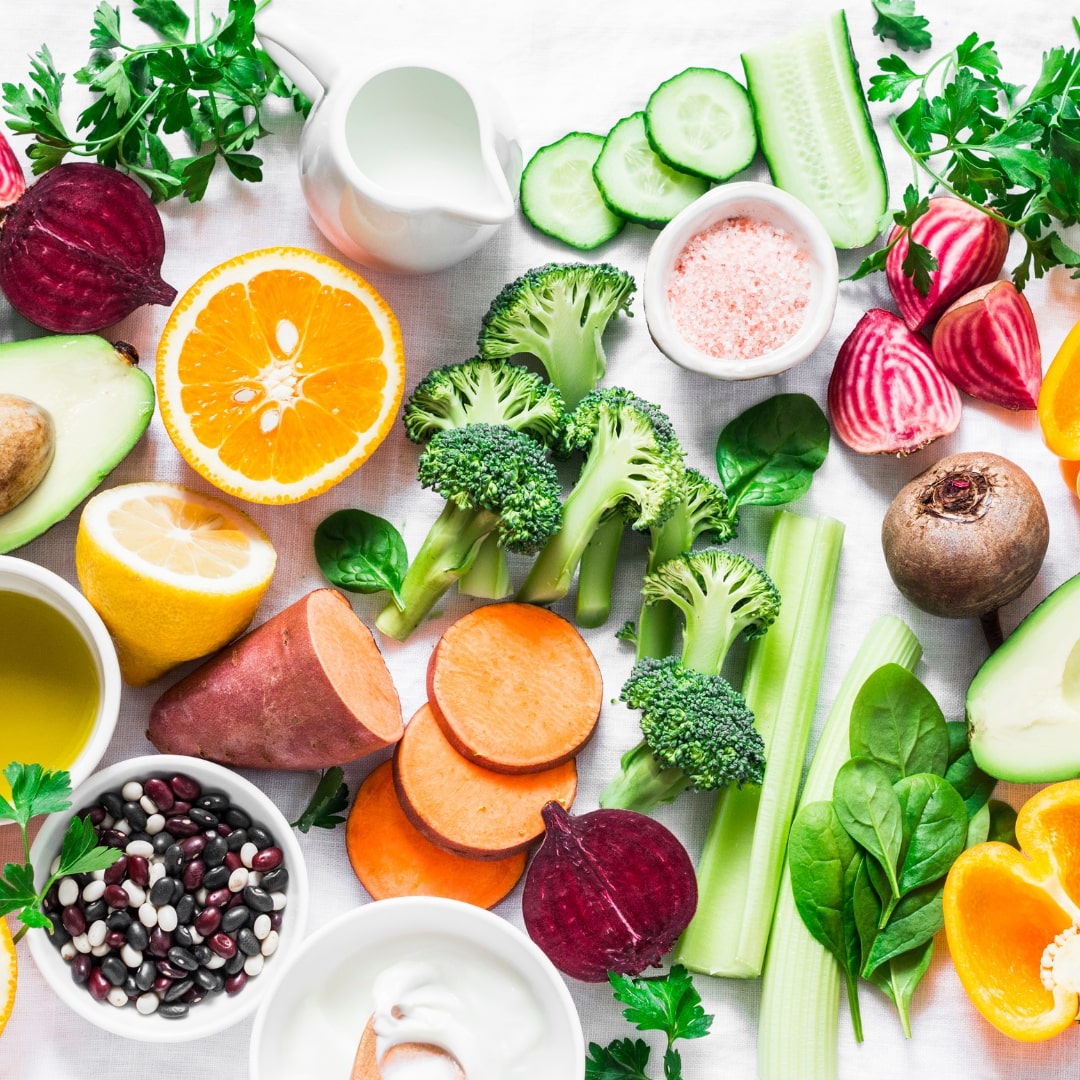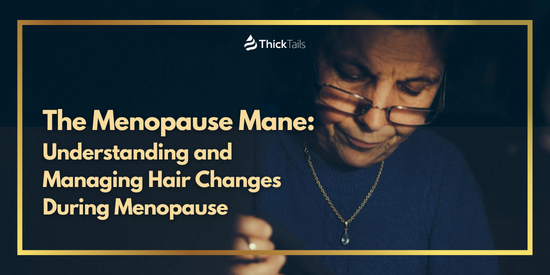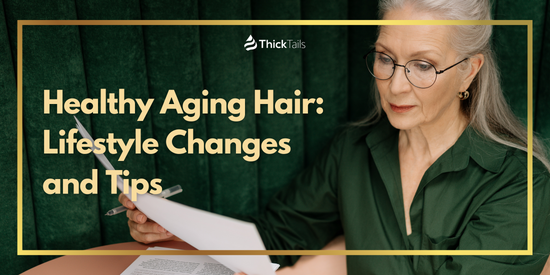Entering the vibrant landscape of your 50s and beyond can come with an array of exciting adventures—and for many women, changes in hair quality and texture are one of them. The years leading up to and after menopause signify a new chapter for your hair, thanks to hormonal shifts that can impact everything from moisture levels to color. Just as your skin and body's needs evolve, so should your approach to hair care. This detailed guide is structured to empower women over 50 to celebrate and maintain the health of their hair, providing insights tailored to the challenges and opportunities of this unique stage in life.
Understanding Hair Changes After 50

As women transition into menopause, they often notice an increase in hair loss and a decrease in hair density, which can be a source of concern. This phenomenon is largely attributed to hormonal fluctuations, particularly the reduction of estrogen and progesterone, which can lead to weaker hair follicles and slower growth cycles. By understanding the hormonal interplay that informs these changes, women can take proactive steps to nurture their hair and mitigate the effects of menopausal hair loss.
Hormonal Shifts and Their Impact on Hair
As women cross the threshold into their 50s, hormonal changes can lead to several hair-related challenges, with hair loss being a common concern. Fluctuations in estrogen and progesterone levels often result in thinning hair, making it more important than ever for women to adopt specialized hair care rituals that address this issue. By understanding these hormonal underpinnings, women can take proactive steps in mitigating hair loss and maintaining their hair's natural vitality and luster.
The Role of Estrogen and Progesterone
The 50s mark a period where hormonal fluctuations are not only common but expected. What may surprise some is the extent to which these chemical changes influence our hair. Estrogen, often heralded for its role in the reproductive system, is also a cornerstone for healthy hair; it promotes hair growth and contributes to its thickness and shine. Progesterone complements this by delaying the natural growth and shedding stages of hair.
The Aftermath of Menopause
Following the menopausal phase, these hormones decrease significantly, leading to a variety of changes in hair texture, including increased dryness, frizziness, and a decline in volume. Simultaneously, the decrease in estrogen can cause a miniaturization of hair follicles, potentially contributing to the onset of female pattern baldness. Understanding this process is crucial for tailoring a hair care regimen that compensates for these shifts.
Common Hair Concerns in Women Over 50
Hair loss in women over 50 can be a distressing symptom as one adapts to post-menopausal life. However, it's a frequent concern that many encounters, owing to the hormonal changes outlined previously. Recognizing the signs early and seeking appropriate treatments can mitigate the effects of thinning hair, allowing women to maintain their confidence and continue to shine in their prime years. With the right care and attention, hair loss can be addressed, ensuring that women can enjoy robust and healthy hair even as they navigate through the changes of this life stage.
Thinning and Hair Loss
One of the most significant concerns among post-menopausal women is the experience of hair thinning or overall hair loss. This can present in various forms, from a widening part to a noticeable decrease in the hair's density. The reduction in hair volume can be attributed to a long list of factors, including genetics, stress, and nutritional deficiencies, which often become more pronounced with age.
To address thinning hair effectively, it's paramount to understand the cause, whether it's a result of decreased hormone levels, alopecia, or underlying health issues. Fortunately, there are numerous solutions available, from over-the-counter treatments to professional therapies, all aimed at stimulating hair growth and preventing further loss.
Texture Changes
Another common hair issue encountered is the alteration in hair texture. This shift is often characterized by hair that's drier, more brittle, and less manageable than before. The natural oils produced by the scalp, designed to nourish and protect hair, diminish over time, leading to these textural changes.
Caring for aging hair often involves adapting to this new normal, with a focus on replenishing moisture and supporting the hair's structure. This means being selective about the products you use and incorporating deep conditioning treatments into your routine to maintain a soft, lustrous appearance.
Scalp Health and Its Role in Aging Hair
Maintaining a healthy scalp is crucial for women over 50 concerned with hair loss, as it lays the foundation for strong, vibrant hair. A well-nourished and clean scalp fosters an optimal environment for hair growth, while a neglected one can exacerbate hair thinning. Hence, it’s essential to integrate scalp care into your hair care regimen, focusing on gentle cleansing, regular exfoliation, and the use of nourishing oils and serums that stimulate blood circulation and fortify hair follicles, thus potentially reducing the impact of hair loss for women in this demographic.
Understanding Nutrient Absorption
The health of your hair is intricately connected to the condition of your scalp. Nutrients essential for hair vitality, such as protein, biotin, and antioxidants, are absorbed through the scalp's blood vessels and delivered to the hair follicles. As we age, the scalp can become less efficient at this process, limiting the nourishment available to support healthy hair growth.
Conditioned for Success
A well-moisturized scalp is more effective at nutrient absorption and plays a crucial role in the management of dandruff and other scalp issues that can become more prevalent with age. Regular scalp massages can help improve circulation, while the right kind of shampoos and conditioners can ensure your scalp is in prime condition to support your hair through the aging process.
Tailoring Your Hair Care Routine
In tailoring a hair care routine for women experiencing hair loss, the selection of shampoo and conditioner is of paramount importance. Products specifically designed for thinning hair can gently cleanse and nourish the scalp, creating an ideal environment for hair growth. Hair supplements also play a role, as they can provide essential nutrients that may be lacking in a standard diet, thus potentially preventing further hair loss. By focusing on this two-pronged approach—incorporating the right topical products and boosting the body's nutrient supply—women can more effectively combat the signs of aging in their hair.
Choosing the Right Products for Mature Hair
When it comes to selecting the right shampoo and conditioner for your over-50 mane, the objective is to choose products that are hydrating without being too heavy, and nourishing without causing buildup. Look for formulas enriched with ingredients like argan oil, jojoba oil, and keratin, which will provide the much-needed moisture and strength your hair now craves. In addition to your washing routine, incorporating a weekly hair mask can be a game-changer. These intensive treatments are designed to deep condition, repair damage, and leave the hair soft and manageable. Consider exploring masks containing shea butter, coconut oil, or avocado for their restorative properties.
Styling Tips for Volume and Shine
Styling your hair to enhance volume and shine can be achieved with the right tools and techniques. For those with finer hair, using a volumizing mousse at the roots before blow-drying can add significant lift. Meanwhile, a finishing spray can be used to set your style while also imparting a healthy shine. Avoiding excessive heat styling is crucial, as older hair is more prone to damage and breakage. When using hot tools, always apply a heat protectant, and if possible, use the lowest heat setting that still achieves your desired style.
Hair Treatments and Masks for Nourishment
Beyond your regular shampoo and conditioner, treating your hair to additional nourishing products can make a significant difference in its appearance and health. Hair serums, for example, can be applied to damp or dry hair to combat frizz, add shine, and protect against environmental damage.
Thickening sprays and mists are also excellent options for those looking to enhance fullness. These products typically contain polymers that coat the hair, giving the appearance of thicker strands. However, keep in mind that these are temporary solutions and not substitutes for treatments aimed at improving hair quality over time.
Embracing Your Natural Beauty

Embracing natural beauty as a woman over 50 often means taking proactive steps to combat hair loss and maintain healthy hair. A holistic approach to hair care that includes the right shampoo and conditioner, supplemented by a tailored hair supplement, can significantly diminish the effects of thinning hair. Products that cater specifically to the needs of aging hair support women in their pursuit of not only managing the symptoms of hair loss but also ensuring the long-term health and vibrancy of their locks.
Flattering Hairstyles for Women Over 50
While it's important to adapt your hair care routine to suit your changing needs, this does not mean you have to sacrifice style. There are countless flattering hairstyles for women over 50, each offering a unique way to showcase your personality and ensure you feel confident. Consider consulting with a hairstylist who specializes in mature hair, as they can provide recommendations tailored to your hair type and desires. Bangs, layers, and bobs can all be modernized to suit this stage of life, and a fresh cut can work wonders for restoring vitality to your locks.
Maintaining Hair Color and Gray Coverage
Many women over 50 face the decision of whether to continue coloring their hair or to make the transition to gray. This choice is entirely personal and reflects your individual style. If you opt to color your hair, it's vital to use products that are gentle and nourishing.
Ammonia-free hair colors and those fortified with ingredients that condition and protect can help maintain the health of your hair while covering grays. Regular touch-ups are key to keeping your color fresh, as is using color-safe shampoos and conditioners to prolong the vibrancy of the dye.
Confidence and Self-Care in Hair Care
Ultimately, the most important aspect of caring for your hair in your 50s is the confidence and self-love you bring to the process. Your hair is an integral part of your identity, and the way you approach its care should be reflective of your commitment to your well-being.
Incorporating mindfulness practices, such as scalp massage and treating yourself to professional salon services, can turn your hair care routine into a luxurious and self-affirming experience. Remember, beauty is not confined by age, and the ability to feel stunning at every stage of life is within your grasp.
Age may be a number, but your sense of self and esteem should not diminish with time. With these comprehensive tips and a deep understanding of the changes happening within your body, you can craft a hair care routine that not only meets the needs of your evolving strands but also celebrates the beauty and wisdom you've gained. With each thoughtful step, you're not just caring for your hair; you're nurturing the texture of your life's story.

